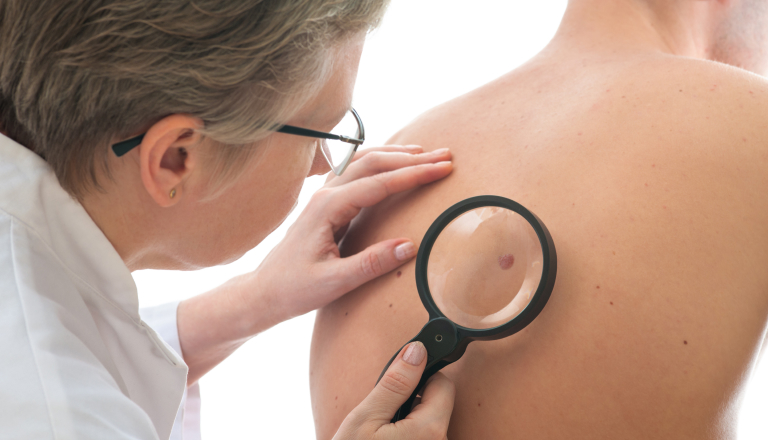
Maio Roxo: Alert on Inflammatory Bowel Diseases
The month of May is dedicated to Inflammatory Bowel Diseases, and specialist reports on symptoms, diagnosis and control.
More than seven million people in the world suffer from Inflammatory Bowel Diseases (IBD): Crohn’s Disease and Ulcerative Colitis. These diseases still have no cure and are chronic. Young adults (between the second and third decade of life) are the most affected.
More frequent visits to the bathroom and abdominal pain can be easily confused with other health problems, which makes the condition more difficult to diagnose in the early stages. This delay can derail the path to specialist follow-up and optimal treatment.In order for the population to pay attention to the symptoms and the need to refer them to an appropriate professional, gastroenterologist Ana Elisa Rabe Caon, from the Imuno Brasil group, talks about the subject and brings tips for patients with these conditions that few people know about.
“It is important to know how to recognize the main signs and symptoms of Inflammatory Bowel Diseases to enable a prompt evaluation by a specialist. Early diagnosis and intervention are important as they can change the course of the disease and minimize its complications. We know that IBDs cannot be cured, but with proper treatment, we can recover the patient’s quality of life.The approach to IBD has evolved a lot in recent decades. We have more and more safe medications available, and the choice of the ideal treatment must be individualized and consider the particularities and preferences of each patient. Due to the complexity of IBDs, their follow-up is usually multidisciplinary, involving clinicians, surgeons, nutritionists, psychologists, nurses, and other health professionals“
– Ana Elisa Rabe Caon
Learn more about Inflammatory Bowel Diseases
- Inflammatory bowel diseases are characterized by immunity problems that cause inflammation in the intestine and can bring a series of complications that interfere with the person’s daily life.
- The main symptoms are diarrhea, colic, fatigue, frequent urge to go to the bathroom, pain in the abdomen, feeling of abdominal swelling, bleeding in the stools, loss of appetite, weight loss and fever. Also, patients may have red eyes, skin spots, joint pain and liver changes.
- Diagnosis is given after global assessment of symptoms, blood tests, endoscopy tests and imaging tests (CT scan, MRI and ultrasound).
- Treatment is individualized. Some can be maintained very well for several years with medication, while others may require surgical treatment. Patients should follow a healthy diet, avoiding ultra-processed foods, and maintain regular follow-up with the specialist.
- It is extremely important not to interrupt the treatment on your own so that there are no future complications, and the disease remains under control.
Source: Ana Elisa Rabe Caon, MD Imuno Brasil, is a gastroenterologist, at Leforte Morumbi and collaborator of the Ambulatory of Inflammatory bowel diseases from HCFMUSP.